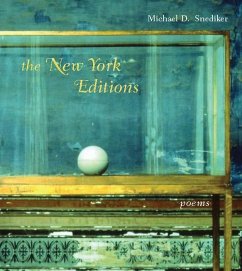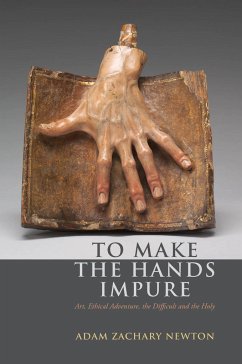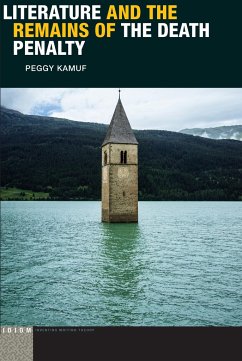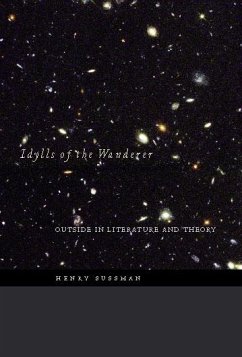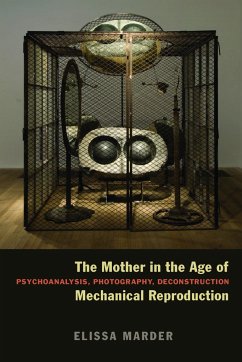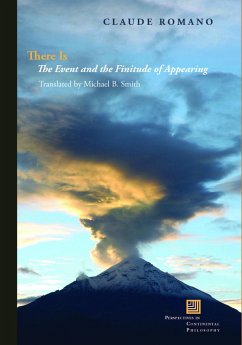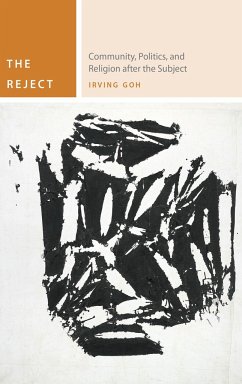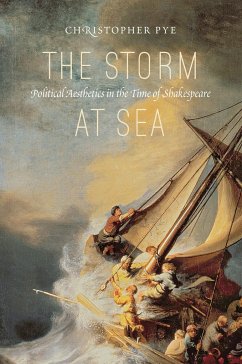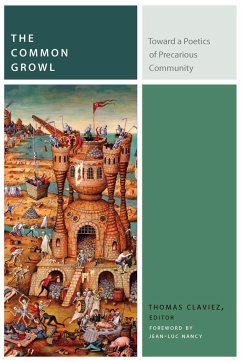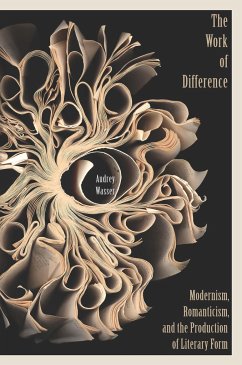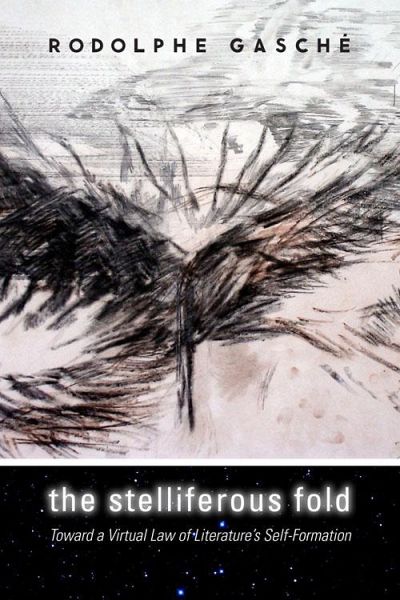
The Stelliferous Fold
Toward a Virtual Law of Literature's Self-Formation
Versandkostenfrei!
Versandfertig in über 4 Wochen
44,99 €
inkl. MwSt.

PAYBACK Punkte
22 °P sammeln!
This book seeks to develop a novel approach to literature beyond the conventional divide between realism/formalism and history/aestheticism. It accomplishes this not only through a radical reassessment of the specificity of literature in distinction from one of its others-namely, philosophy-but above all by taking critical issue with the venerable concept of the "text" and its association with the artisanal techniques of weaving and interlacing. This conception of the text as an artisanal fabric is, the author holds, the unreflected presupposition of both realist, or historicist, and reflectiv...
This book seeks to develop a novel approach to literature beyond the conventional divide between realism/formalism and history/aestheticism. It accomplishes this not only through a radical reassessment of the specificity of literature in distinction from one of its others-namely, philosophy-but above all by taking critical issue with the venerable concept of the "text" and its association with the artisanal techniques of weaving and interlacing. This conception of the text as an artisanal fabric is, the author holds, the unreflected presupposition of both realist, or historicist, and reflective, or "deconstructive," criticism. Gasché argues that "the scenes of production" within literary works, created by their authors yet independent of those authors' intentions, stage a work's own production in virtual fashion and thus accomplish for those works a certain ideal ontological status that allows for both historical endurance and creative interpretation. In Gasché's construction of these scenes, in which literary works render visible within their own fabric the invisible conditions of their autonomous existence, certain images prevail: the fold, the star, the veil. By showing that these literary images are not simply the opposites of concepts, he not only puts into question the common opposition between literature and philosophy but shows that literary works perform a way of "argumentation" that, in spite of all its difference from philosophical conceptuality, is on a par with it. The argument progresses through close readings of literary works by Lautréamont, Nerval, de l'Isle Adam, Huysman, Flaubert, Artaud, Blanchot, Defoe, and Melville.



